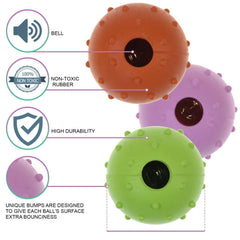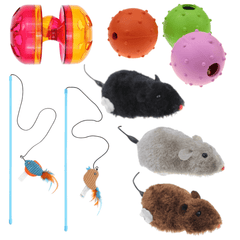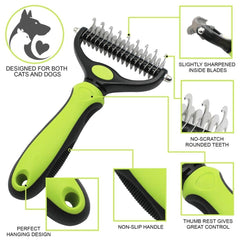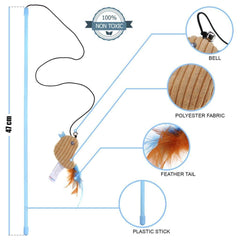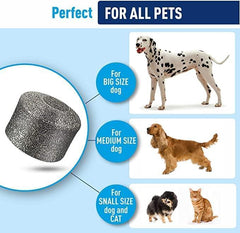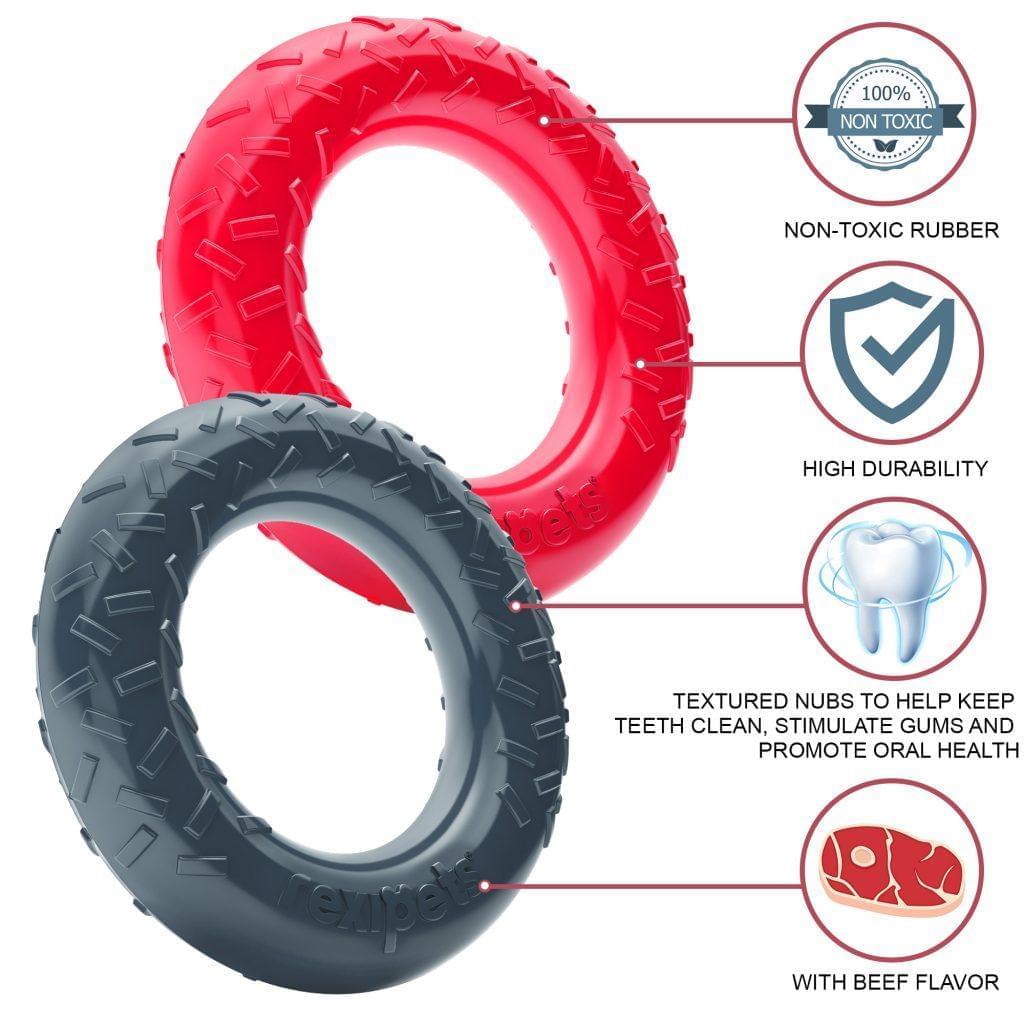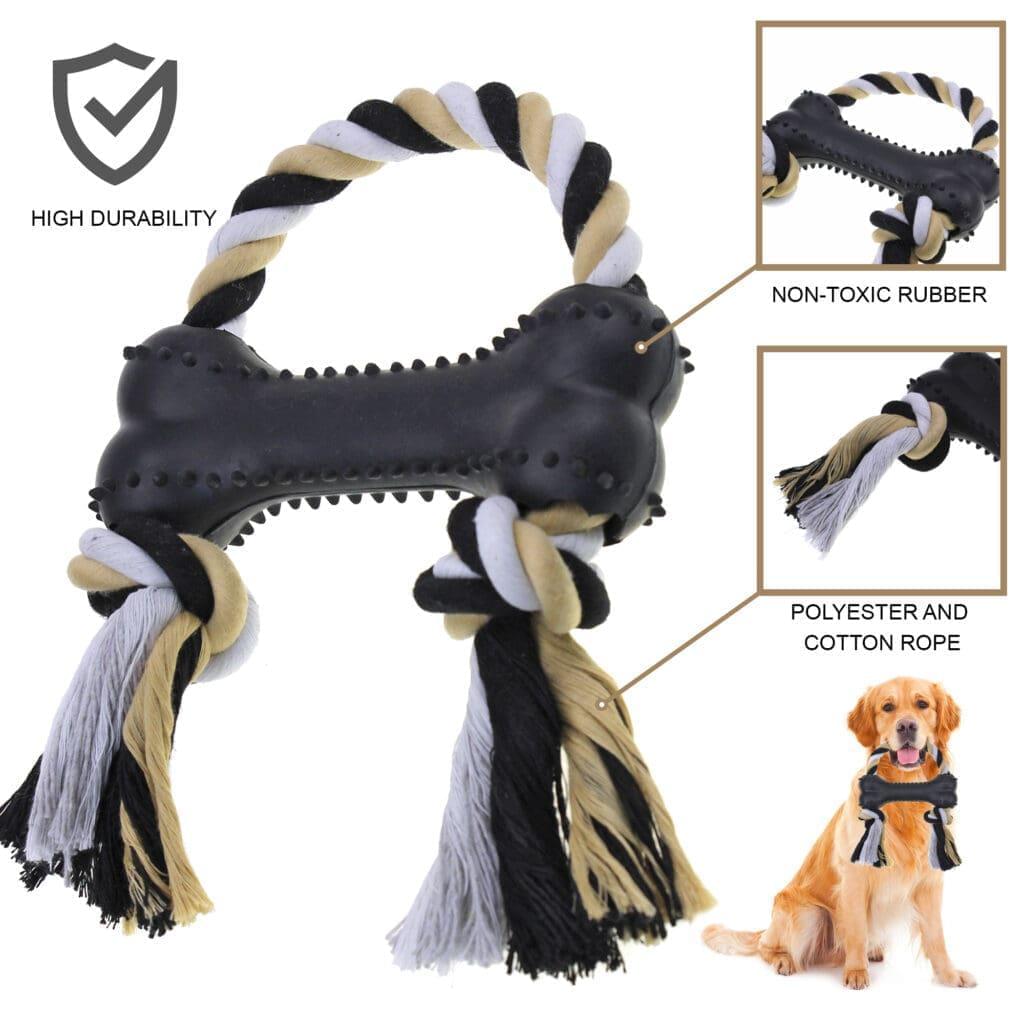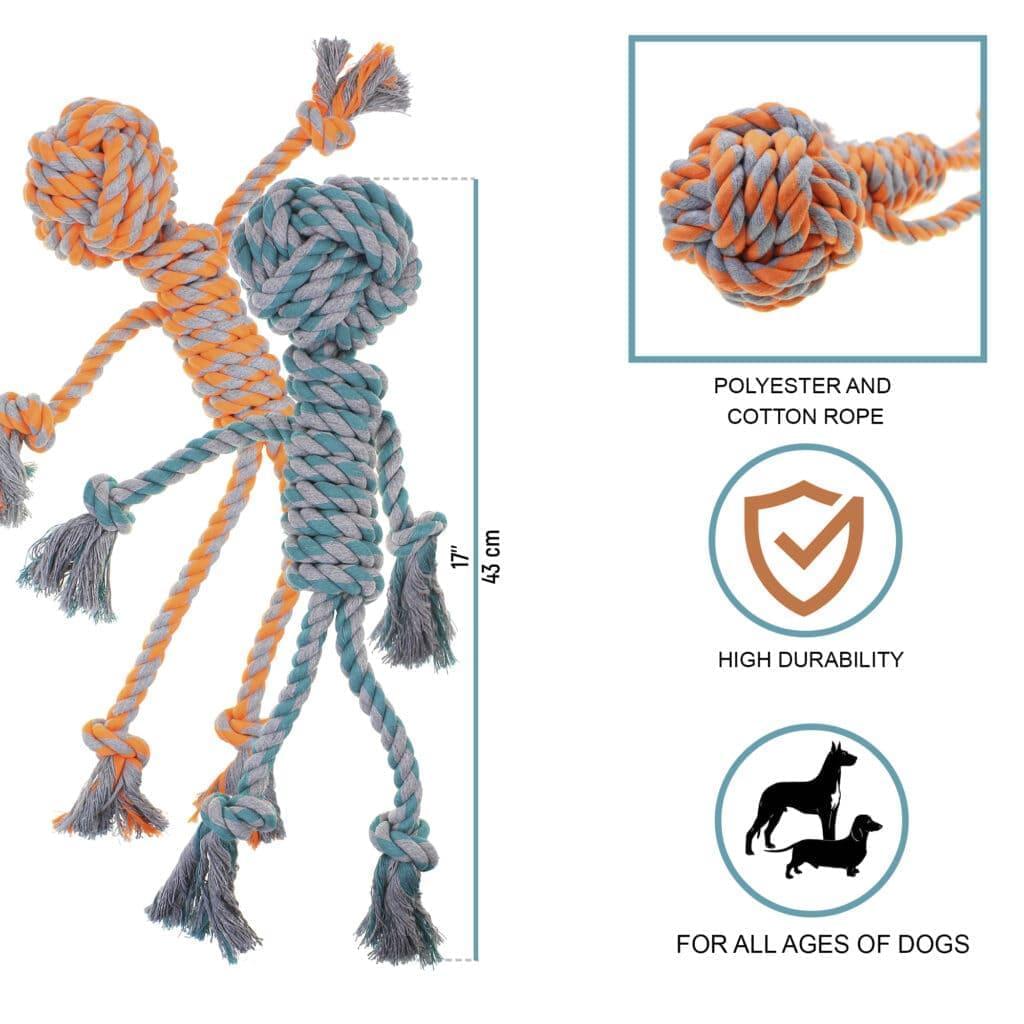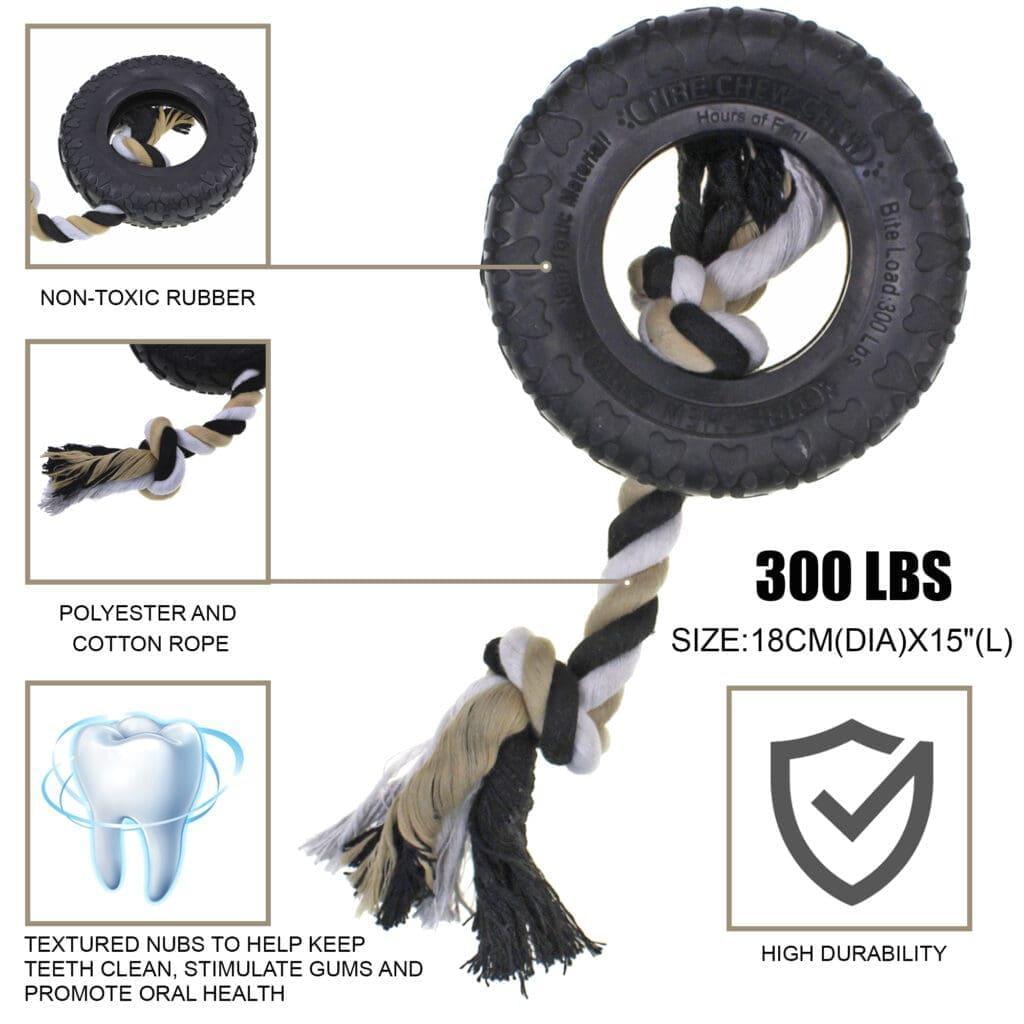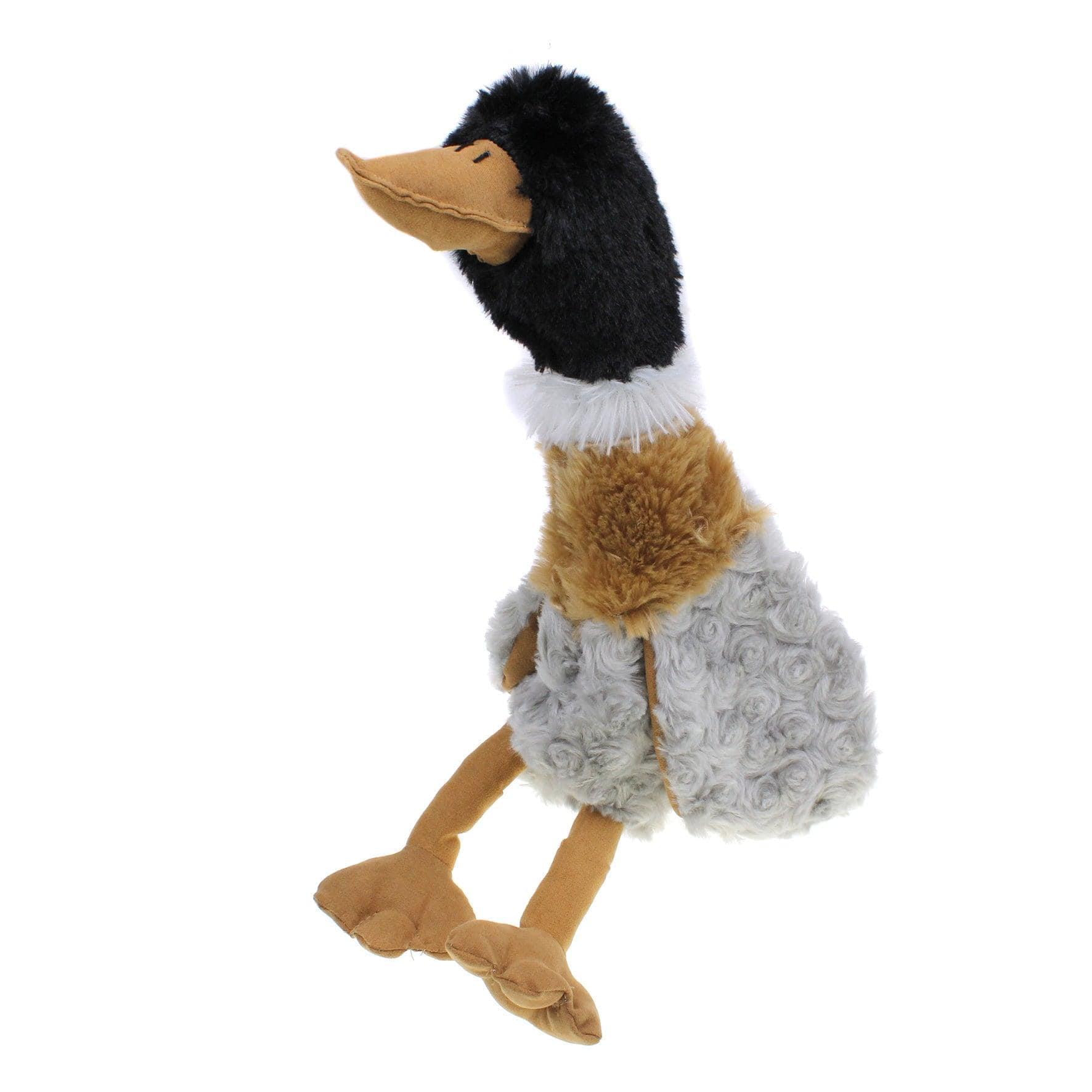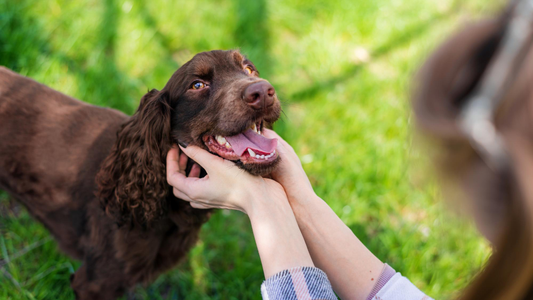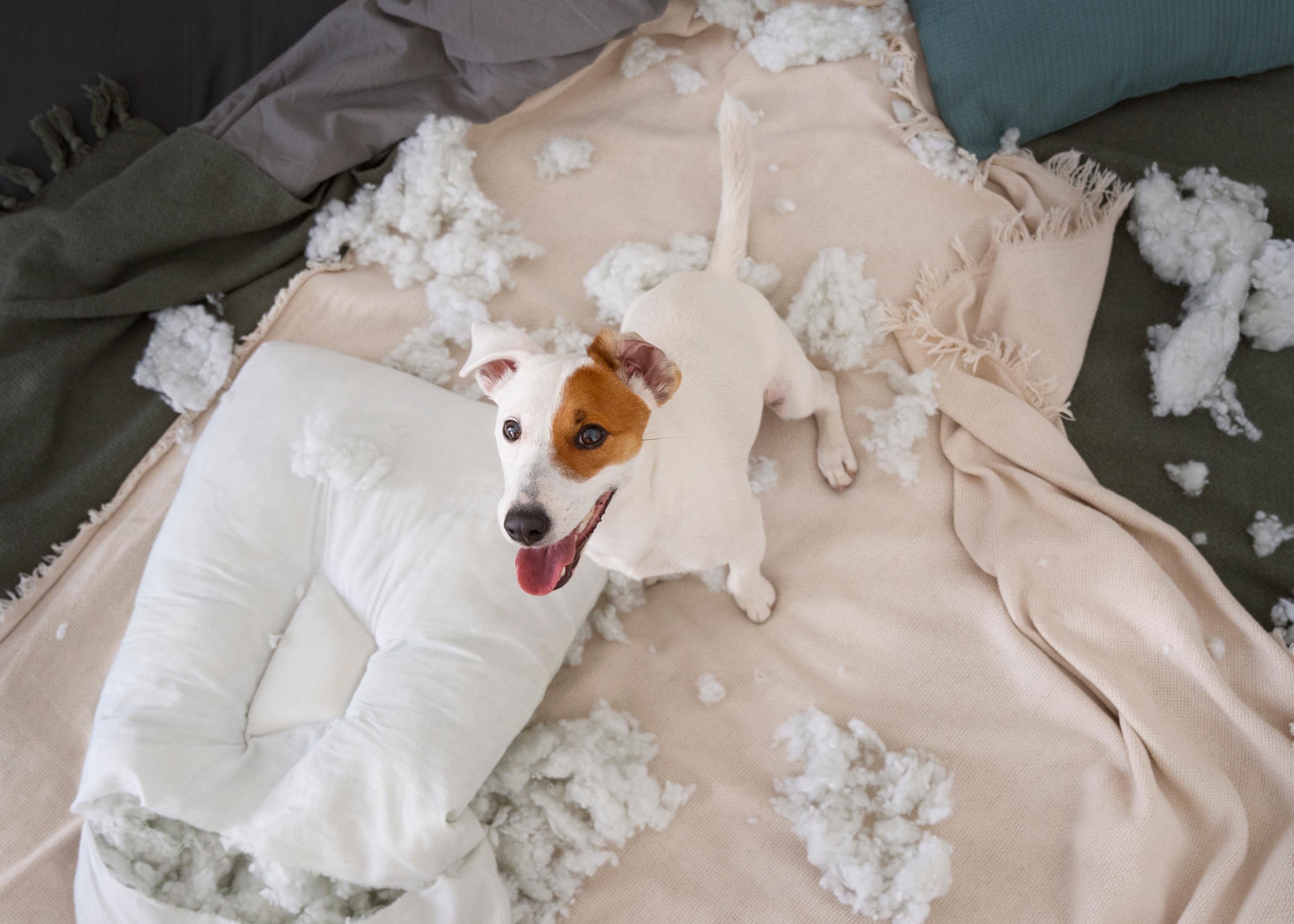
Ever wondered why your dog loves to dig on your bed and couch? It's a quirky behavior that many pet owners find both cute and puzzling.
In this article, we'll explore the simple reasons dogs do this. Let's uncover the secrets of your furry friend's digging habits and gain a better understanding of their behavior.
So, join us as we unravel the mystery and learn how to connect even more with our lovable companions.
Why Do Dogs Dig On Beds And Couches?
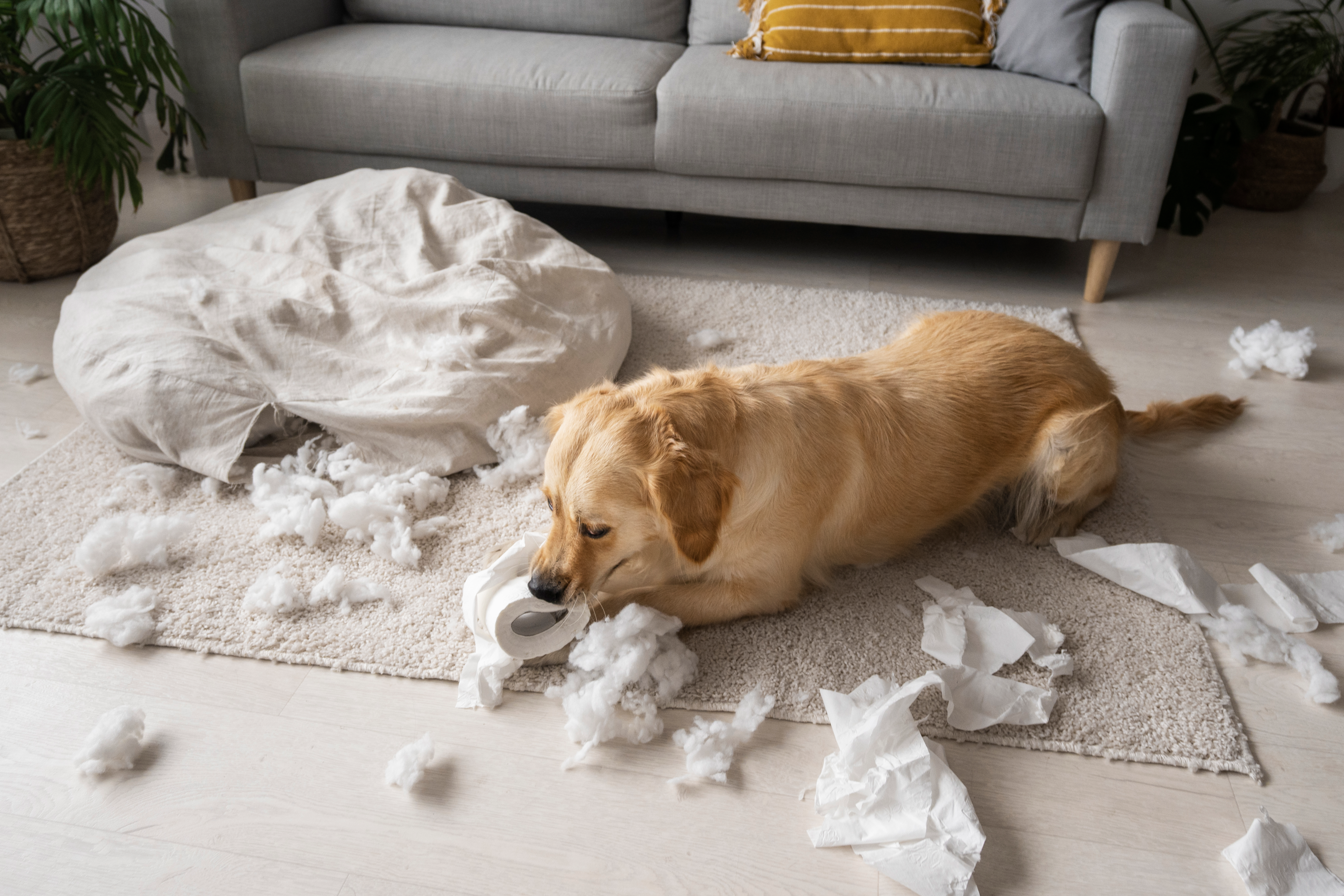
Have you ever caught your dogs destroying furniture and, as responsible pet parents, wondered why they do that?
Well, we have compiled the reasons dogs dig on furniture.
-
Natural instincts
It's your dog's natural instinct to dig like their wild ancestors did. Domestication couldn't just erase this behavior because it's ingrained.
In the wild, dogs dug dens for safety and comfort. This also helped them regulate temperature. Some dug to find prey. Although today's dogs don't need it for survival, the urge remains.
Dogs can't control it, so when it comes to the outdoors, your backyard might be dug inside out. Indoors, your sofa or bed becomes a target for your dog's digging instincts. Understanding this natural behavior helps us navigate living with our furry friends while keeping our furniture intact.
-
Breeds
Some dog breeds, like Dachshunds, Airedale Terriers, Alaskan Malamutes, Cairn Terriers, Fox Terriers, Jack Russell Terriers, and Siberian Huskies, have a strong genetic inclination for digging.
These breeds were specifically bred to unearth small prey. For dogs like Huskies and Malamutes, digging might be a coping mechanism to deal with extreme weather and to create a cozy spot for insulation or building a den.
Understanding these breed-specific tendencies helps owners appreciate their dogs' natural instincts and provides insights into managing their digging behavior.
-
Marking their territory
Every dog owner understands that dogs mark their territory by peeing on trees and walls. But that's not their only way of claiming their space.
Dogs also have scent-producing sweat glands in their paws. When they dig, these scent glands leave their scent behind, claiming surfaces like your sofa or bed.
It's like they've planted a special tag, declaring it their top spot. So, when your furry friend digs, they're not just digging for fun; they're leaving their mark. Making sure everyone knows that particular spot belongs to them.
-
Nesting behavior
Is your dog about to have puppies?
If so, it might be digging at its bedding to make a cozy nest for itself and the little ones on the way.
Female dogs have a natural instinct to form a safe and warm space for their puppies. If there's no designated area, like a dog bed, your sofa might become its chosen spot.
So, when you see your furry friend digging, it could be its way of preparing a comfortable and secure space for its upcoming family, turning any available spot into a makeshift nest for the arrival of the puppies.
-
Food or toys
One of the reasons your dog may be digging the sofa is because it might think there's something hidden in the sofa, making them dig in search of it. It can be a toy, food crumbs, or anything else interesting.
So, if you catch your dog excavating the sofa, it's their way of exploring, hunting for hidden treasures, or stashing away a favorite possession for later enjoyment.
-
Emotional distress
For certain dogs, digging serves as a way to soothe themselves when feeling stressed, scared, or bored. Dogs can face separation anxiety when left alone for a long period of time, fearing their pack has abandoned them. This may lead to this destructive behavior.
If your dog's digging appears excessive, it's essential to uncover any potential underlying medical issues and consult a vet.
The frenzy of digging on your sofa might result from emotional distress. The tearing sounds and flying stuffing can be oddly satisfying for a dog, triggering their instinct to capture prey.
This sudden burst of activity helps alleviate boredom and anxiety. It provides an outlet for their emotional distress and is called displacement behavior.
Understanding the root cause of your dog's stress can help mitigate these behaviors and create a more comfortable environment for your furry friend.
-
Comfort
Just like humans fluff pillows and adjust blankets for comfort, dogs have their own way of making things just right for a perfect nap.
Dogs rearrange their sleeping area, adding a few spins for good measure, before settling down with a contented sigh. It's their version of creating a comfy spot.
So, when you see your furry friend digging before sleeping, it's not just a random act; it's their way of ensuring their nap spot is cozy and tailored to their liking.
How Do You Stop Dogs From Digging Into Furniture?
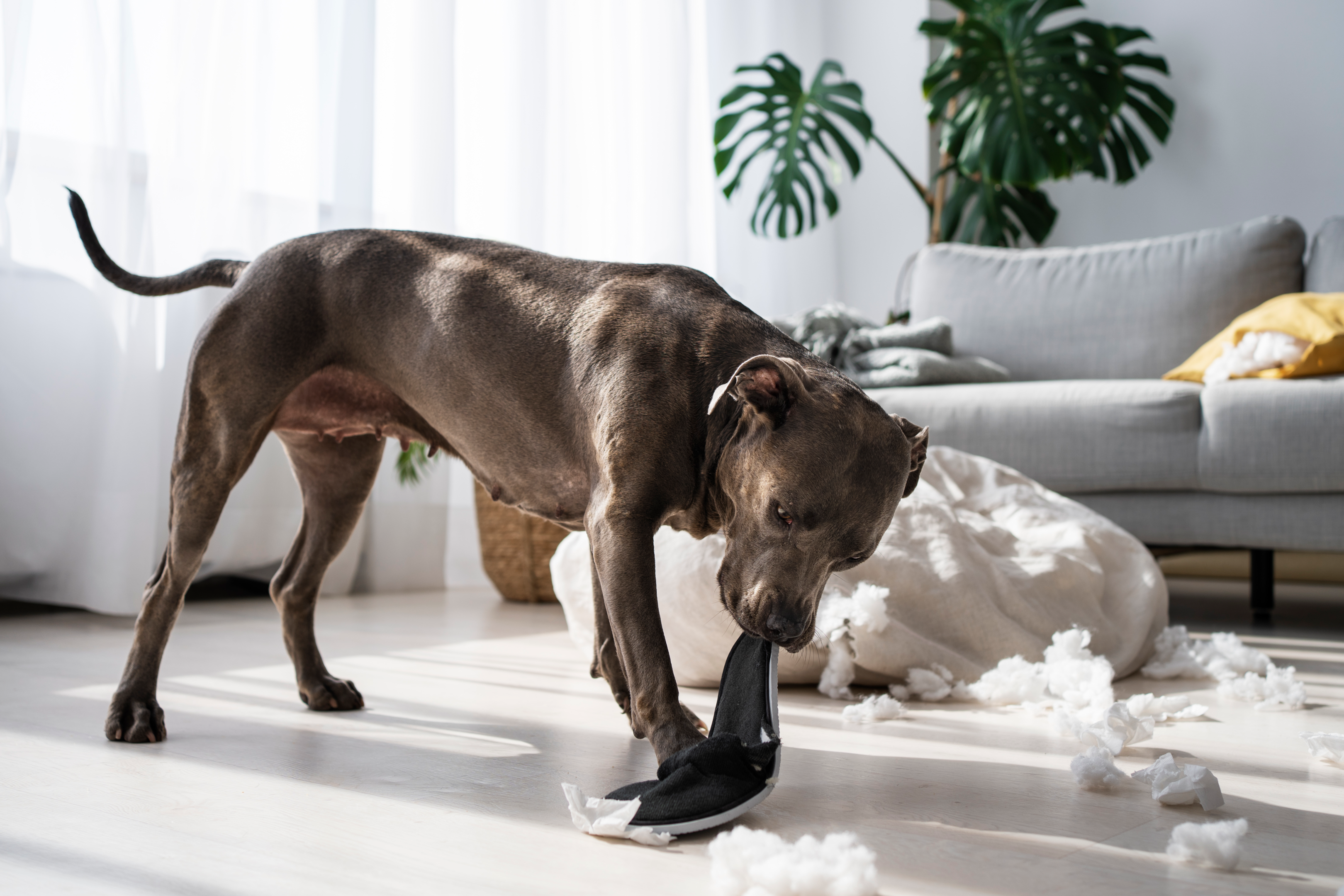
Dogs naturally dig, and you can't stop that instinct. However, you can guide the behavior towards something a little less destructive.
-
No furniture
Prevent your dog from digging on the furniture by keeping them off the sofa in the first place! Train them to follow this rule consistently and avoid this destructive behavior.
If you're changing the rules later, be patient, giving your dog time to adjust. Cover your furniture with pet-friendly covers, use sprays with unpleasant scents to discourage digging, and vacuum to remove any toys or food particles stuck between cushions.
Establishing and maintaining these rules helps protect your furniture and encourages positive behavior in your furry friend, creating a comfortable and happy living space for both of you.
-
Training
To address the issue of your dog getting on the sofa, training them with the "Off" command is effective. You can also use a leash to interrupt digging and redirect their attention to something else.
Praise them for good behavior. Crate training is also helpful, especially when you're not around to supervise, and it's a great method for training puppies.
By incorporating these training techniques, you can guide your dog towards positive behaviors and create a well-behaved and happy companion.
-
Groom your dog
Trimming your dog's nails regularly is essential. Short, blunt nails cause less damage, especially when digging at the sofa.
It's a good practice to keep their nails clipped to minimize any potential harm to furniture or other surfaces, ensuring your dog remains comfortable, and your belongings stay in good condition.
-
Upgrade your dog's bed
If your dog enjoys digging, especially larger breeds, a cheap dog bed may not survive the treatment, making your sofa a tempting choice.
Investing in a durable dog bed to withstand digging can prevent this and keep your furniture safe. A high-quality bed encourages your dog to sleep there instead of on the sofa, ensuring comfort and happiness.
For a pregnant dog, provide a box with soft blankets, allowing it to create a cozy nest. This thoughtful upgrade in bedding supports your dog's natural behaviors and provides a secure, comfortable space for rest.
-
Take care of your dog's emotional well-being
Addressing your dog's emotional issues might feel challenging, but there are practical steps you can take. Consider a pet daycare or a sitter if your schedule keeps you away. Dogs thrive on social interaction.
Moreover, engage your dog with walks, play, and mental challenges. Games, toys, and agility courses cater to their intelligence and energy, providing mental stimulation.
Provide a specific area, like a backyard space or a box with rags, for your dog to dig freely. Adopting another dog can also help alleviate the loneliness that may be causing the digging.
Final Words!
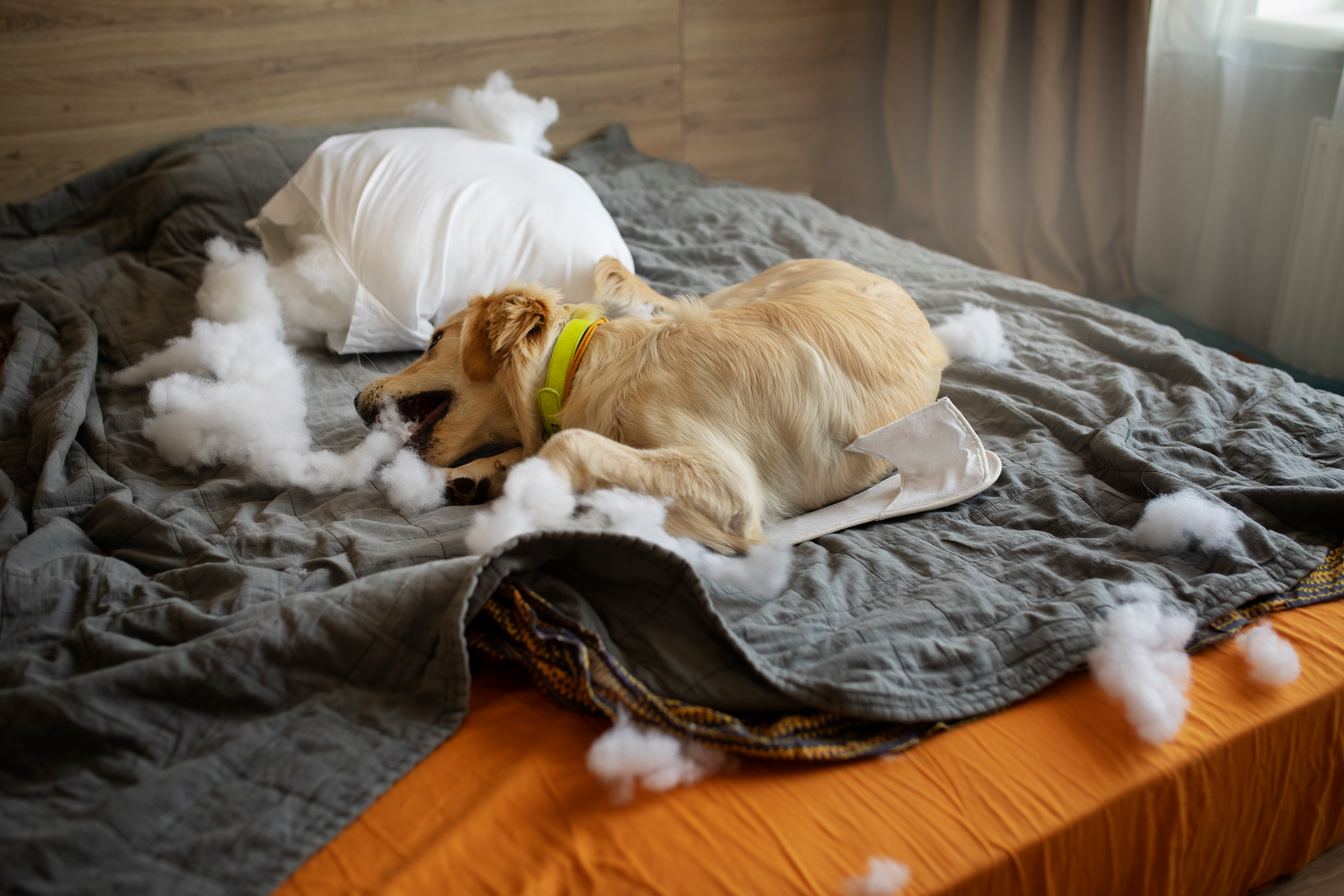
Today, we talked about why our furry companions feel the need to dig on our beds and couches.
In unraveling the mystery, we've discovered that this behavior goes beyond simple mischief. Many dogs dig because of deeply ingrained instincts, emotional needs, and a desire for comfort.
While we may not change this natural inclination, we've explored ways to redirect and manage it. From recognizing their instinctual behaviors to grooming tips and upgrading their beds, there are strategies to foster a harmonious relationship.
So, the next time your dog engages in this quirky behavior, see it as a form of communication, a search for comfort, or an expression of emotions.
Embracing these insights allows us to connect more deeply with our furry friends.
FAQs
Why is My Dog Digging on the Couch?
If your dog is digging on the couch, it could be instinctual, a search for comfort, or simply a way to seek attention. Boredom and separation anxiety might also trigger this behavior. Consider your dog's breed, age, and overall behavior to understand the specific cause.
Providing alternative outlets, like a designated digging area, ample exercise, and attention, can help redirect their actions positively. If concerns persist, seeking advice from a veterinarian or professional trainer is recommended.
Are there products that can deter dogs from digging into furniture?
Yes, there are sprays with unpleasant scents designed to discourage digging. Providing designated digging areas and proper training can also be extremely effective deterrents.
Are certain dog breeds more likely to dig?
Some dogs scratch or dig more, like terriers and huskies, due to their ancestorial denning instinct.
